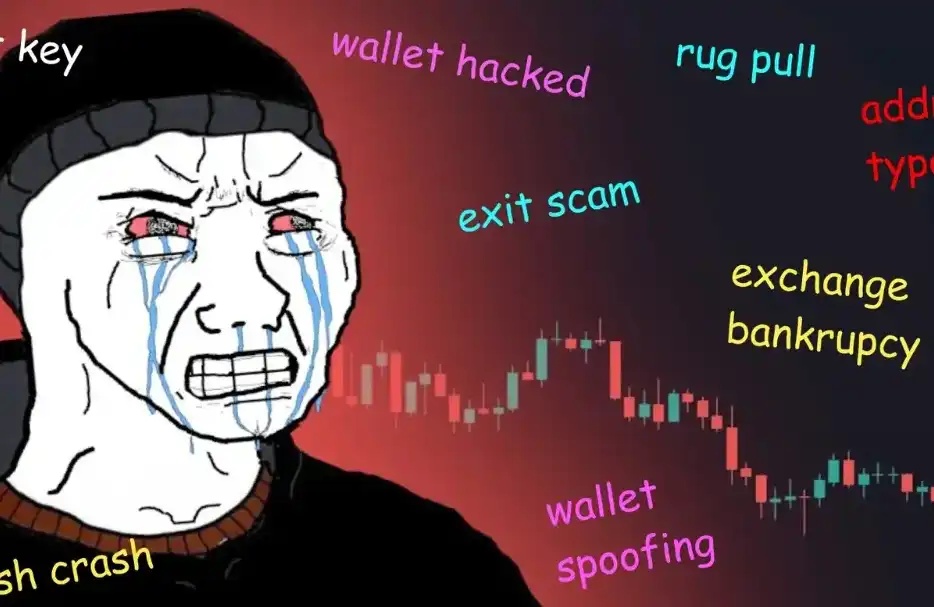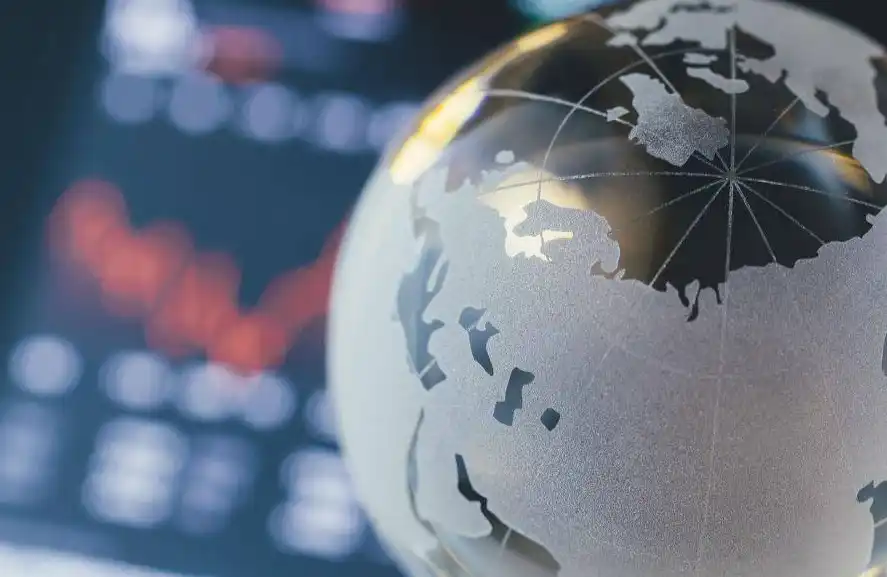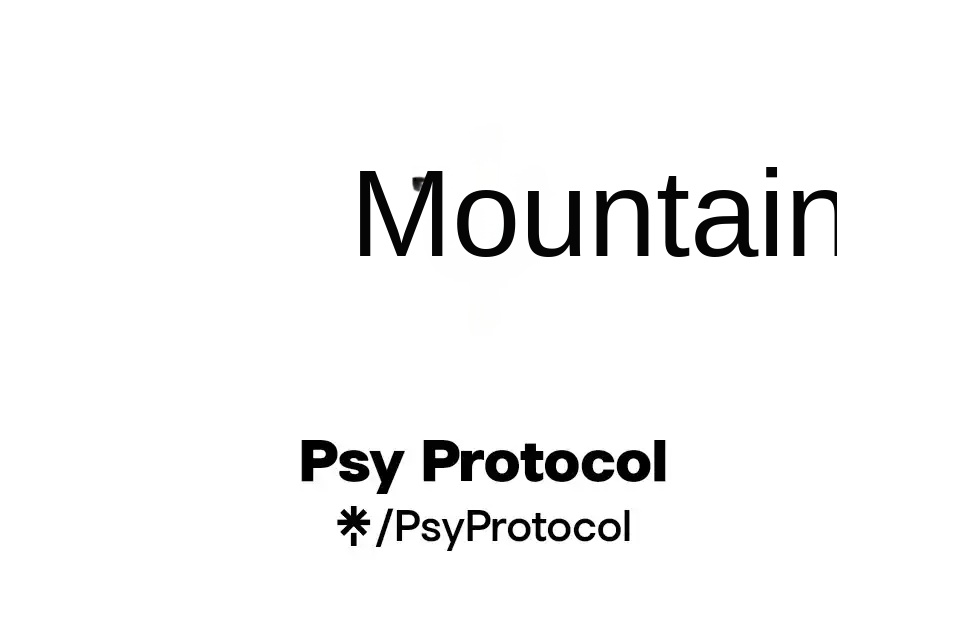Exclusive interview with the founder of Backpack: Completely different from FTX’s technical structure, Solana is outstanding enough in the cycle
Interview: Jack, BlockBeats
Editing: Zhang Wen, BlockBeats
Compilation: Kaori, BlockBeats
Recently, the new cryptocurrency trading platform Backpack, which was once known as the legitimate successor of FTX, launched the PYTH staking and subscription activity, which has attracted a lot of attention from the community. It is also this activity that has made the cryptocurrency community curious about the sudden emergence of Backpack and its background.
In September 2022, Coral, the development company behind Backpack, announced that it had completed a $20 million financing round, with FTX Ventures and Jump Crypto leading the way, and participation from Multicoin Capital, Anagram, K5 Global, and other strategic investors. Unfortunately, most of this investment is locked in FTX. They have the most recognizable Solana-based financing institution, and the founding team also comes from the FTX system. Since FTX's collapse, Backpack is undoubtedly the trading platform with the most FTX lineage.
In order to better understand Backpack, BlockBeats had a chat with Armani Ferrante, the founder of Backpack, to see how they found direction from the low point, and also talked about the relationship between Backpack and FTX, their views on Solana, and what kind of platform Backpack really is.
Backpack's Indelible Imprint from FTX and Solana
BlockBeats: The biggest impression people have of Backpack is that it is a legitimate trading platform under FTX, with recognizable investments in the SOL system and executives who are FTX employees. Have you calculated the percentage of Backpack's origin from FTX?
Armani Ferrante: There is indeed a lot of discussion, especially with regards to the SBF situation that has not yet been resolved. However, Backpack was actually created in December 2021, a year before the FTX collapse.
In January to March 2018, Alameda was just starting out and they recruited me to participate in the development of their trading system. However, I was very interested in Ethereum and smart contracts, so I only stayed there for about three months. In September 2020, when FTX entered Solana, they called me and convinced me to work there, and I have been working on Solana ever since.

Backpack founder Armani Ferrante speaks at Solana Breakpoint
I have never actually worked on a trading platform, but through this process I have met many people at FTX. After all, FTX was the hottest startup company in the last cycle, raising the most funds and having the most talent, even including people outside the crypto world, such as Tom Brady (American professional football superstar) and Shaquille O'Neal (NBA star).
When FTX went bankrupt, I tried to contact those talented people. The problem with FTX was actually a leadership issue, as there was a backdoor in the code that allowed Alameda to provide unlimited credit loans to FTX customers without their knowledge.
Overall, about one-third of the people in Backpack are related to FTX, mainly some important members in compliance, as well as the technical team I previously formed.
BlockBeats: Why did you focus on developing wallets and NFTs after recruiting these talents, instead of considering another trading platform? When did you decide to transition to a trading platform? Was it because of the impact of FTX's explosion, with a lot of funds still locked inside causing a shortage of funds, and a trading platform is a better way to profit?
Armani Ferrante: Those who have never really worked in the trading platform industry may guess otherwise, but in reality, the opposite is true. A trading platform is a business that requires a significant amount of capital, and it is almost impossible to establish one without a large amount of funding. Therefore, if you are on the brink of bankruptcy and in desperate need of funds, you should not start a trading platform. This is definitely a terrible idea.
FTX has suffered a catastrophic loss, with 88% of our funds gone, putting us on the brink of bankruptcy. However, we were fortunate that our wallet and Mad Lads were very successful, bringing in substantial revenue. In terms of the wallet, we are now a profitable company, and this success has given us the opportunity to pause and reevaluate everything, and truly clarify our beliefs in the cryptocurrency industry.
Many people have seen the huge gap in the market for FTX and have tried to seize it, but the fact is that, especially now, trading platforms are a very high-level business and are difficult to execute. Unlike in the early days of cryptocurrency, where a group of very smart engineers could build a product, gain users, raise funds, and hire all the talent they needed. Now the situation is very different, you need to ensure that the compliance part is done well, everything needs to be done by the book, because the whole world is watching the trading platform after FTX.
After the successful launch of Mad Lads, we felt that we could form a team to do this. The fact is that the huge opportunity is already in front of us. We already have the brand, application, community, and distribution channels, and we can truly fill the compliance gap and have the ability to operate globally.
We have a very international team with people from all over the world, including Beijing, Tokyo, and of course, Americans. We are very confident in our ability to execute globally. We have a lot of infrastructure and expertise, not only in compliance but also in engineering, so we believe we can do it. It's that simple.
BlockBeats: The key reason for your involvement in the trading platform is because you found that it can solve compliance issues, and because you have hired talent from FTX, you have professional knowledge to build the entire technical structure within the trading platform, right?
Armani Ferrante: Backpack's actual technical structure is completely different from FTX, and our engineering team is not from FTX at all. I am an engineer and product person myself, and most of my career has been spent doing open source work. Currently, we are taking a very different approach to building our system, unlike FTX and other trading platforms.
We have learned a lot of experience and applied it to the context of centralized trading platforms. For example, on Backpack, no single individual can enter the system and change a user's balance, which is a very impressive feat and a reason why it has been very secure in the long term, but it also makes building it very difficult.
We are working on zero-knowledge proof reserves, such as the entire exchange status and history, so that you can take out your wallet, view the code, and verify that the data matches what was published to the blockchain. From a technical standpoint, this has little to do with FTX, and I believe it is a unique adaptation based on our experience building on the blockchain.
BlockBeats: Was the former FTX team mainly responsible for compliance?
Armani Ferrante: Yes, compliance is a huge operational component. Building a trading platform is not as simple as a group of engineers creating a cool application. We review each user of the trading platform every day and reconcile their assets.
Each jurisdiction has different rules and requirements. For example, in the United Arab Emirates, we are regulated in Dubai and must isolate all users' assets and generate custom reports for this purpose. We must do different things in different languages in different parts of the world. Different places have different customer service personnel, different Telegram groups, different emails, and different Twitters, all to adapt to situations around the world. This is an extremely large operational task, not only for compliance, but also for customer support, which is very different from building a regular DeFi project.
BlockBeats: FTX's products and features have always been well received, but Backpack did not continue to use previous FTX products, such as not using order books, which is indeed a different way of thinking. How did you solve these problems, or do you have another idea or explanation for building a trading platform that is different from FTX, OKX, or Binance?
Armani Ferrante: We are gradually rolling out a trading platform. Building a trading platform involves a lot of work, and we won't have FTX products or Binance products overnight. Therefore, what you see now is a simple view similar to Coinbase's simple trading view, but we have an order book and advanced trading views, which are not yet publicly available due to strategic considerations.
We hope to focus on a small part of the product and gradually improve it. So with this PYTH event, we gave away a lot of PYTH. This is mainly to test some businesses, such as KYC providers, on-chain analysis, KYT, AML providers, and market makers. Some market makers are the ones we rely on for liquidity, we don't have our own Alameda, nor our own market makers.
We are trying to do something very different, but it is definitely like the products that everyone loves, such as FTX. Sub-accounts will be launched next week; advanced trading views and order book views may be launched in the next week or two. Leverage, cross-chain collateral, and derivatives are all things we are actively developing.
We definitely want to launch these products as soon as possible, but going from zero to one is both a strategic consideration and a matter of first launching simple products to attract people. Therefore, we hope to attract people to participate in the beta testing through the product and try new things. Maybe they can get some PYTH, maybe they can get some NFT, maybe they can get some tokens from other partners, right?
BlockBeats: Compared to mainstream trading platforms such as Coinbase or Binance, what are the main advantages of Backpack now or in the future?
Armani Ferrante: I believe that the real advantage at present is that if you want to use any protocol on Solana, Backpack is definitely the best choice.
In order to achieve this, it is difficult to do so unless you delve deep into a single ecosystem. Therefore, what we are truly focused on are those who not only use blockchains like Solana or Ethereum, but also use trading platforms as users to enter and exit cryptocurrencies. This is the goal we are striving for today, and we simply hope to be the place where users can have wallets, control their funds, and connect to applications.
Backpack's Future
Armani Ferrante: I believe that unless the underlying blockchain and ecosystem truly thrive and prosper, trading platforms will not have any business. Therefore, even as a trading platform, what I need to do is to make the underlying L1 as attractive, useful, and valuable as possible. Trading platforms are actually auxiliary services, they are bridges that introduce all the value in the traditional mainstream centralized financial system into the centralized financial system such as Solana, Ethereum, Bitcoin, etc. Trading platforms are between these two parallel economic systems, and this is actually the role of trading platforms, which is why they are so important.
BlockBeats: How do you plan for the future of Mad lads?
Armani Ferrante: Mad Lads may be our super weapon, it is one of the most important things in our work.
Bitcoin was born in the financial crisis of 2008 and the collective disappointment with the centralized banking system that caused immense damage to the world. It is essentially a solution to that problem, the result of the efforts of a group of people who strive for economic freedom and fair trade. Therefore, I believe that both culture and technology are equally important.
Mad Lads is first and foremost about culture. We are building this company as a community-driven enterprise, creating things for Mad Lads and continuing to build if they like it, and considering other options if they don't.
I believe that this community is a group of incredible people, which allows us to work faster and more efficiently than most other startups. Like in the first week of our Beta program, we processed over 200,000 deposits and withdrawals. This is all thanks to the Mad Lads, so it's a superpower, an incredible way of product development.
BlockBeats: So, it can be said that Mad Lads and Backpack will be more closely integrated in the future, right?
Armani Ferrante: Yes, if your best friend gets married and has a fantastic wedding, you would attend the party and spend the most beautiful time of your life, just like it's your own wedding. This is your shared memory. That's my way of thinking.
BlockBeats: What are your expectations for Backpack?
In the coming months, we have planned more events similar to PYTH. We will provide opportunities for people to trade and use trading platforms, gather feedback, and test different parts of the system.
The third one is obviously also very heavy, involving derivatives, advanced trading, margin, cross-collateralization, and so on. We plan to integrate the previous FTX functions into Backpack. This is a brief overview of some of the things that will be launched soon.
Armani Ferrante: Yes, we have always focused on launching products, but fundraising is a very time-consuming task. We are currently actively seeking funding.
Welcome to join the official BlockBeats community:
Telegram Subscription Group: https://t.me/theblockbeats
Telegram Discussion Group: https://t.me/BlockBeats_App
Official Twitter Account: https://twitter.com/BlockBeatsAsia


 Forum
Forum Finance
Finance
 Specials
Specials
 On-chain Eco
On-chain Eco
 Entry
Entry
 Podcasts
Podcasts
 Activities
Activities
 OPRR
OPRR










